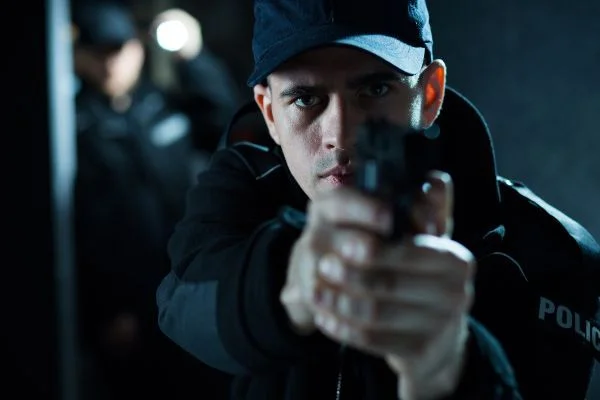Austin Has Highest Rate of Police Shootings During Mental Health Calls

When an individual experiencing a mental health crisis encounters police, the results can, unfortunately, be deadly. Untrained officers who are ill-equipped to handle these crises can unnecessarily shoot a person suffering from a mental illness. This happens in cities across the country. A new study out of the University of Texas has found that Austin, Texas, has the highest rate of shootings during mental health calls among 15 major cities.
Highest Rate of Shootings
The Human Rights Clinic of the University of Texas School of Law and the Austin Community Law Center analyzed data and found that between 2010 and 2016, there were 24 people killed in police shootings. Of these shootings, at least a third of them involved confirmed cases of mental health issues. This is the highest rate when comparing the 15 largest cities in the country. Researchers also found 20 similar shootings where the individual survived. Those experiencing a mental health crisis in Austin face a greater risk of a bad encounter with police.
It is clear that Austin falls short of properly training its police officers in crisis intervention and de-escalation techniques. When people call the police in Austin to help with a mental health crisis, there is no guarantee that the responding officer will know what to do. This was evident in the July 2019 shooting of Mauris DeSilva. The 46-year old was experiencing a mental breakdown when he eventually charged at police with a knife. An officer with mental health training had been dispatched but did not arrive on the scene in time due to dealing with another incident.
Moving Forward
The report brought to light the need for major changes in the Austin Police Department. The 2019-2020 Austin city budget includes increased funding for non-police responses to mental health calls. In addition, Austin police chief Brian Manley announced that Austin police would receive increased training on how to respond to mental health calls. Officers currently undergo 40 hours of training and will soon undergo 80 hours of training. The hope is that better-trained officers will have more positive encounters with individuals in the midst of mental health crises.
If you or a loved one has a mental disability and has been arrested or convicted of a crime, you need an experienced criminal defense attorney on your side. Elizabeth Kelley specializes in representing individuals with mental disabilities. To schedule a consultation call (509) 991-7058.


